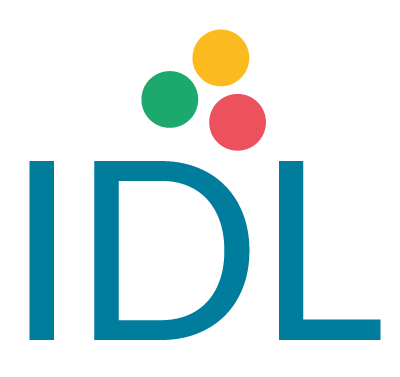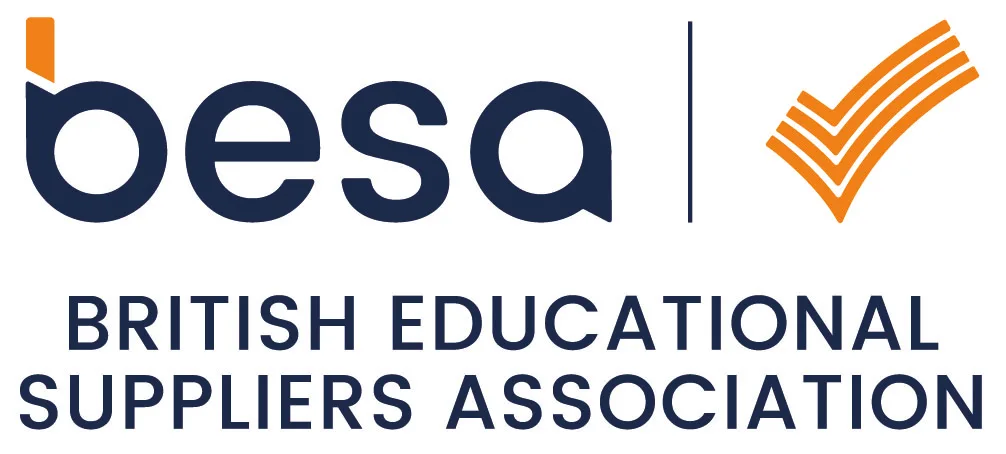As May draws nearer, the lead up to SATs grows ever more intense. These tests are administered to measure children’s progress in learning throughout their time in primary education but can bring about a sense of panic for everyone involved. Here’s an insight into how our products can best help prepare students and teachers alike for this challenging time.
Wellbeing
With the academic demands of SATs, especially in KS2, children are often faced with pressures from teachers and parents to perform well. As a result of this, young learners are likely to develop feelings of stress and anxiety, resulting in poor mental health. Evidence from a large-scale survey found that most teachers strongly agreed that their pupils became anxious and stressed in the lead-up to the tests, with some even displaying signs of stress-related illnesses.
Trying to live up to the high standards placed on students can also cause them to question their capabilities. Scoring low marks on mock tests may demoralise learners and result in loss of self-esteem. All these combining factors can gradually start to build greater barriers to school attendance, especially for those with already existing social, emotional, and mental health needs.
Our Wellbeing product has been developed alongside a psychologist to equip students with the tools they need to combat such worries, build their mental strength, and grow their emotional intelligence. The programme offers an array of independent and whole-class activities to help learners better understand their emotions, identify their worries and deal with them in a healthy and productive way. Learners facing the daunting prospect of sitting their SATs can benefit from taking pockets of their time to practise mindfulness, gratitude, and self-affirmation; all of which have been proven to have a positive impact on mental health.
And teachers, remember that looking after your own wellbeing is important, too! Don’t be hesitant to join in with some mindfulness activities along with your class.
Numeracy
We often hear phrases such as ‘I can’t do this’ or ‘I’m bad at this’ being thrown around the maths classroom. Many of us still hold our hands up and admit to ‘never being good at maths’ or just not being a ‘maths person’. With so many of us adopting this mindset, it shouldn’t come as a surprise that maths has been identified as the subject that often is the cause of most anxiety compared to others; so much to the point that the term ‘Maths Anxiety’ has been coined. Test pressures have been pinpointed as a key trigger for maths anxiety, causing students to have a negative emotional reaction to the subject. For children with SEN, this can be just one of several barriers they face in their mathematical learning journey.
IDL Numeracy by Strand provides learners with a supplementary intervention tool to reinforce classroom learning. All the lessons in the programme have been mapped to the National Curriculum, covering all learning objectives, and reinforcing learning by repetition. Students work through the programme independently at their own pace, in an environment in which they feel comfortable to ease any anxieties. Mathematical problems are demonstrated in a variety of ways, equipping students with different problem-solving strategies to tackle them during their SATs.
For students with additional needs, the multi-sensory approach allows those who face barriers to learning a way to meet their needs in an interactive, engaging way. For those who have a specific gap in their learning or just require more practice in a particular area of numeracy, the strand-locking feature can allow students to bridge that gap and gain more confidence in their ability.
Literacy
Reading is an essential skill that lays the groundwork in order for us to learn, yet data shows that almost 175,000 pupils in 2022 did not meet the expected standard in their KS2 SATs. With so many children falling behind in literacy, it is important to try and address gaps in learning as soon as possible, and in a way that builds learners’ confidence.
IDL Literacy has been developed with dyslexic learners at the forefront of its approach, helping to build a strong foundation for children who struggle with reading, writing and spelling. Like the other IDL programmes, it has been designed to promote learner independence and autonomy, so interventions can be carried out with little to no supervision. Learners can work through the programme at their own pace either at school or home, and all learning is tracked for teachers to monitor progress.
Both KS1 and KS2 Literacy SATs focus on key reading strategies and a learner’s ability to use them independently. These key strategies include understanding of vocabulary, inferring meaning, and comprehension of texts, all of which are built into our reading programme and can be practised by learners on a regular basis. Exposing learners to these types of questions in an independent learning environment can help to prepare for encountering them in their SATs.
Make sure your pupils approach their SATs with confidence and determination. To learn more about our award-winning SEN products and to arrange a free trial, please click here.
Sara Campbell – IDLS Product and Content Developer
References
https://educationinspection.blog.gov.uk/2022/09/05/thousands-of-year-7s-struggle-with-reading/














